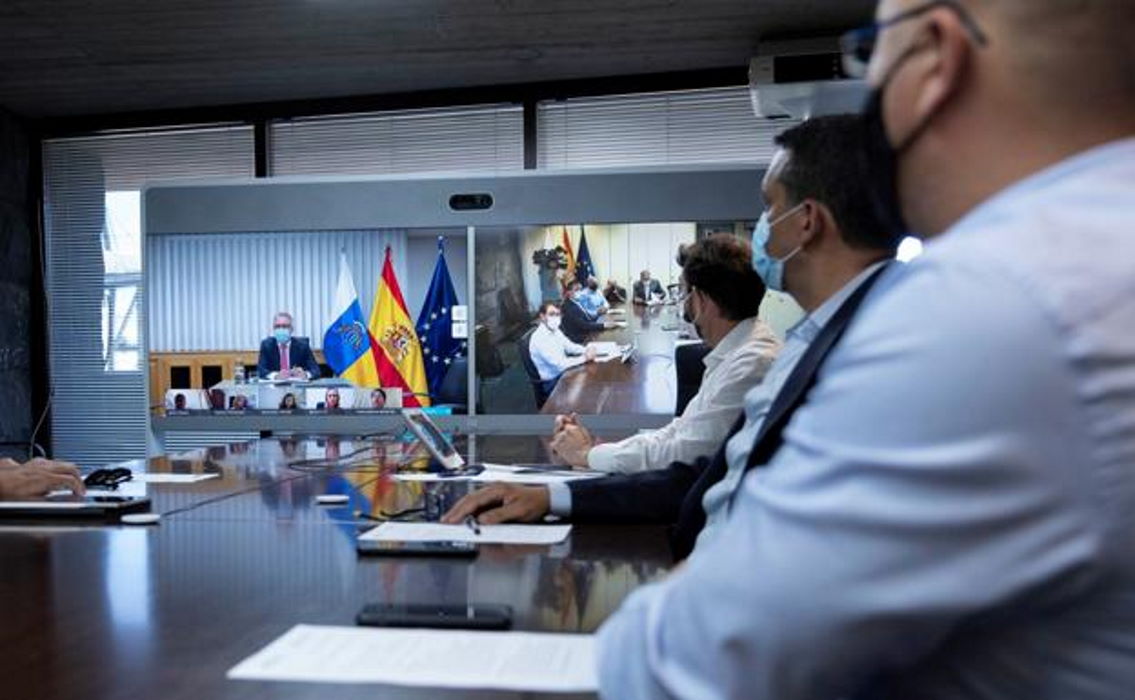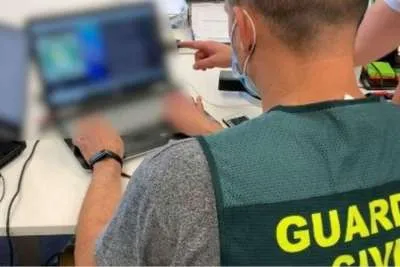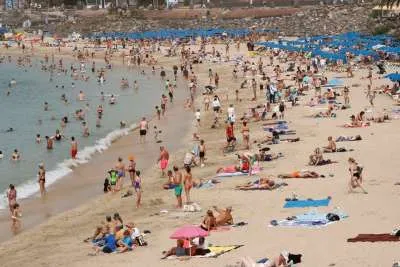Public Health responds to the TSJC ruling that reopened hospitality interiors
- 04-07-2021
- National
- Canarian Weekly
Last week the Canary Islands High Court of Justice (TSJC) supported an appeal against closing the interior of hospitality venues in alert Level 3, meaning that bars and restaurants in Tenerife, the only island currently in Level 3, could re-open them to the public. The Government had 3 days to respond to the ruling, and on Friday the Public Health committee presented a document to the court refuting their ruling with scientific evidence revealing that outbreaks in bars and restaurants in Tenerife are double those detected in other areas.
The TSJC made their ruling by saying: “The absolute prohibition of the service and permanence in interior areas and the limitation to 50% of the capacity in the outdoor terraces, have not been shown as the causes of the contagion problem on the island of Tenerife, much less are foreseen as the solutions to a situation that is not dramatic for the healthcare pressure.”
With this argument, they overturned the restrictive measures to prevent the spread of Covid-19 with respect to the hospitality industry at alert level 3. Since then the Canarian Government made a ‘deal’ with hospitality to be able to open interiors to a max of 50% (with a minimum of 10% of total capacity vaccinated, or 20% of clients), 75% on terraces and a closing time of midnight. However, the Government had three days to respond to the TSJC, and they have.
On Friday the General Directorate of Public Health presented a report to which the press has now had access, in which they explain in detail the scientific evidence that shows that interiors in general and those in restaurants, and particularly in bars, are favourable areas for the virus to spread more easily.
What does the document say?
Firstly the document makes some "clarifications on various epidemiological considerations" contained in the order of June 28th, which allowed, at the request of the Federation of Urban Areas of the Canary Islands, to open the interior areas of the hospitality industry to 50% in alert level 3.
Among them, it clarifies to the court the term "uncertainty", which was used in an "observational" report on how the situation of the pandemic was in Tenerife. "Uncertainty", the document clarifies, “refers to a mathematical variable in the epidemiological field, and not to a lack of certainty that this term implies in the Spanish language."
The order of very precautionary measures, which suspended the measures of level 3 before listening to the Canarian Government, referred to the situation of occupation of hospital beds and ICU in Tenerife, stating that the evolution of the pandemic on the island "was not in a situation that is not dramatic for the pressure of health care”.
Public Health reminds that they have not taken into account "the level of transmission of SARS-CoV-2 in the territory under study" and indicates that this statement of the TSJC "cannot be assumed from a health point of view because it lacks scientific basis”.
But perhaps the most substantial part of the report is the text dedicated to recalling the numerous scientific studies that show evidence in relation to the transmissibility of the virus "in indoor environments in hospitality establishments."
It says that there is “ample scientific evidence on the high exposure of people to SARS-CoV-2 in indoor spaces, where natural ventilation is scarce and in which to carry out any activity it is necessary to dispense with the use of a mask, i.e. eating, drinking, and talking.
Twice as many cases in Tenerife bars:
The Public Health report outlines the outbreaks associated with hospitality in Tenerife, analyzing the cases that have occurred since January 2020 and that were not active. The number of people associated with these outbreaks, who required hospitalization, ICU or who even died was also analyzed.
The data, says the text, “confirms that, in Tenerife, the number of cases per outbreak in which there was expansion within the hospitality sector doubled that of generic Covid-19 outbreaks. In addition, the number of close contacts more than doubled and the number of these close contacts that ended up being positive cases of Covid-19 was also double. These results are overwhelming," it says.
But, in addition, it recalls the difficulty of identifying associated cases in places "of public concurrence." It is enough to remember that on many occasions the clientele does not leave their personal data to make follow-up possible after a positive case. For this reason, there is “an abundant infra record of outbreaks and cases in this area."
Serra: "The judicial system has not lived up to the pandemic"
The fact that the order of the Superior Court of Justice of the Canary Islands rejected the measures of level 3 for hospitality, exposed more than legal arguments and attracted attention. But it's not the only case. Throughout the pandemic, several courts have overturned measures such as perimeter closures or curfews.
"I honestly believe that the judicial system has not been up to the task in this pandemic," says the professor of Preventive Medicine and Public Health at the University of Las Palmas de Gran Canaria, Lluís Serra Majem, who is also a member of the advisory council of the Canarian Government during the pandemic.
“They really wanted to have a leading role that they shouldn't have, it's unnecessary. Sometimes, following the law goes against your common sense. Faced with these things, it is difficult to speak out”, he adds.
What is clear to Serra, because there is scientific evidence, is that “we get infected when we stop wearing a mask indoors. We cannot legislate or tell people that when they have a party at their house everyone should wear a mask, but logically, in those places where it is possible to legislate to avoid contagion, it should be done. And this is where bars and restaurants come into play.”
Another difficulty, the expert points out, is that there are establishments that have “ignored the regulations and refused to provide lists of attendees. When you get infected at work you know who has been there. It is an outbreak that can be studied perfectly. In a bar or restaurant, how do you look for possible contacts if you don't have lists," asks Serra, who acknowledges that part of the sector has done very well, but to others "there are some that don’t seem to care about the health of others, the cash register is their most important thing. These are the businesses we need to do something about.”
Other articles that may interest you...
Trending
Most Read Articles
Featured Videos
TributoFest: Michael Buble promo 14.02.2026
- 30-01-2026
TEAs 2025 Highlights
- 17-11-2025


























































